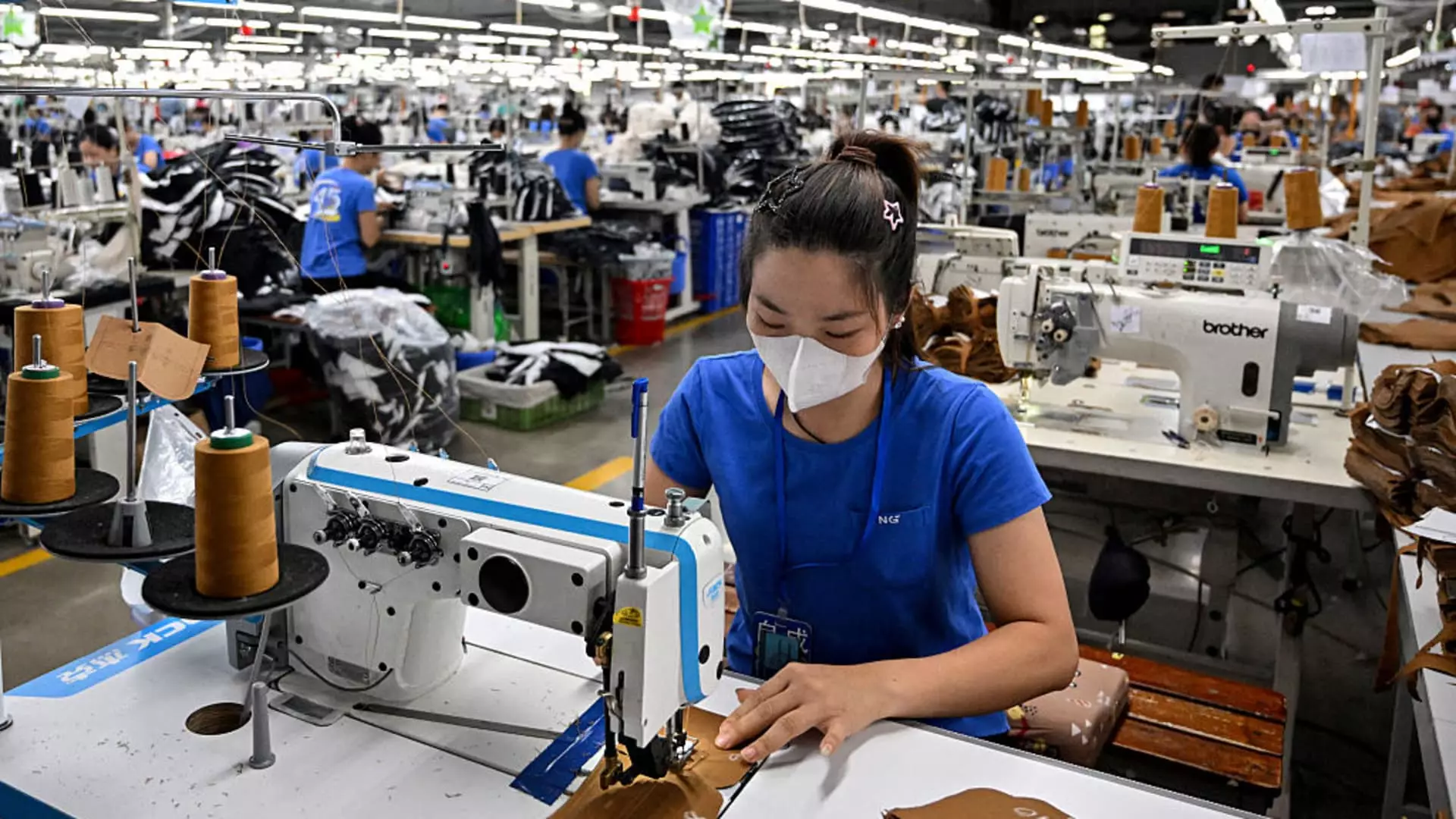In recent days, President Donald Trump heralded a purported breakthrough in trade relations with Vietnam, claiming that the United States had inked a deal to give American consumers “tariff-free” access to Vietnamese markets. On the surface, this sounds like a victory—an affirmation of American economic strength and strategic negotiation. However, beneath the surface, this so-called success reveals an unsettling reality: a complex web of tariffs, transshipping tactics, and economic vulnerabilities that do little to serve the long-term interests of ordinary Americans or even the Vietnamese people.
While the official narrative emphasizes the reduction of tariffs—initially as high as 46%—from distressed levels of protectionism, the reality is more nuanced. The 20% tariff on imports from Vietnam is a blunt instrument, designed more to deter transshipment and manipulate market flow than to foster genuine free trade. This move exemplifies how protectionist strategies under the guise of “negotiation” are often more about maintaining leverage than about fair market access. Moreover, the language used—such as “Vietnam will pay”—obscures the fact that tariffs are ultimately borne by U.S. importers and consumers, not foreign nations.
This deal, announced just days before the expiration of a temporary tariff freeze, reeks of political brinkmanship rather than sound economic policy. It underscores how trade diplomacy has become a bargaining chip, with U.S. tariffs serving as strategic weapons rather than tools for mutual growth. The supposed benefits are exaggerated, as higher costs for imported goods eventually trickle down to American households, raising prices on everything from apparel to electronics. The immediate euphoric reactions from stock markets mask the deeper fault lines in this fragile economic arrangement.
Tariffs as Economic Blinders
The notion that tariffs generate revenue—billions of dollars collected by the U.S. government—is valid but fundamentally shortsighted. This approach ignores the broader economic repercussions: inflationary pressures, supply chain disruptions, and the erosion of consumer purchasing power. Experts and critics have long warned that tariffs are de facto taxes on consumers, often disproportionately affecting lower and middle-income households.
Despite reassurances from administration officials suggesting tariffs do not cause inflation, evidence points otherwise. A recent analysis by CNBC’s retail consultants indicates that even modest tariffs on Vietnamese goods translate into tangible price increases—around 8% for a men’s sweater at a 10% tariff, and up to 35% at the initial 46%. These figures, while seemingly small in percentage, have a profound impact on everyday Americans facing rising costs without corresponding wage increases. The argument that stockpiling buffered prices temporarily neglects the inevitable catch-up phase where inflationary effects propagate throughout the economy.
Furthermore, the reliance on tariffs as a means of leverage indicates a skewed belief in trade policy—one that prioritizes short-term tactical gains over durable, mutually beneficial arrangements. The insistence that Vietnam will “pay” the tariff also ignores mounting concerns about how transshipping and free-riding tactics continue to undermine fair competition, often benefiting China’s economic role in regional transshipment hubs. Such strategies risk escalating into a subsidy race that ultimately harms the global trading system’s integrity.
Strategic Failures in the Broader Context
The timing of this deal, so close to the expiration of the tariff freeze, highlights the reactive nature of Trump-era trade policies. Information remains sparse about when this agreement will solidify or if it merely serves as a political placeholder. The broader strategy appears to prioritize diplomacy as spectacle rather than substantive reform—an approach that fosters uncertainty rather than stability.
This inconsistency damages American credibility on the global stage. When tariffs are unpredictably imposed or lifted, it discourages foreign investment and creates a volatile environment for businesses. While defenders tout the supposed gains—billions in tariff revenue and a “winning” negotiation—the real cost is an erosion of trust, both domestically and internationally.
In a more balanced and progressive economic framework, genuine free trade would be grounded in transparency, fairness, and cooperation. Instead, the current policies oscillate between protectionism and brinkmanship, ultimately shielding entrenched interests at the expense of the many. The challenge lies in reforming this flawed approach—moving away from punitive tariffs toward coordinated global strategies that prioritize consumers and workers, not just trade deficits and political capital.

